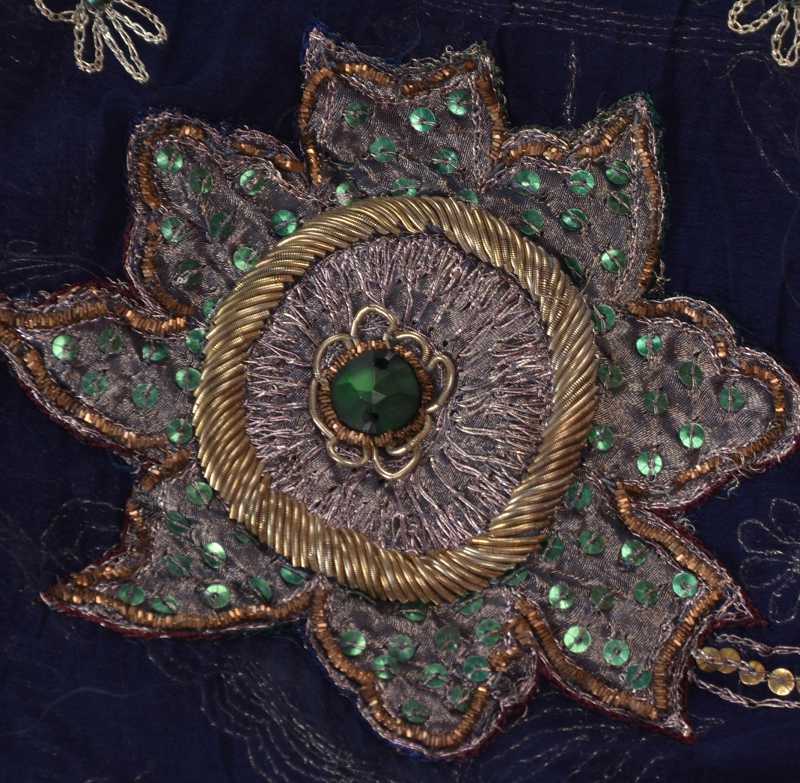===
0296,
12
===

=== |
 |
FWP:
SETS == IZAFAT
MOTIFS == [DEAD LOVER SPEAKS]; GAZE
NAMES
TERMS == IZAFAT; THEME-CREATIONWhy does SRF conclude that it was 'not possible' to do both of the two things mentioned in the second line? If it were yaa instead of taa , then his reading would be obvious; but as it is, surely the question has been left open.
Since the two objects of looking are presented as parallel, another possibility is that they are in apposition to each other-- that they are really two descriptions of the same place. Since the lover has already been slaughtered, and is only speaking during the tiny interval of time before he actually drops dead, he's obviously not going to to be taken to any special slaughter-ground or scaffold. So the idea that the beloved's street itself is the murder-place works particularly well. He might take a last lightning look from her face to the murder-ground, or vice versa-- if indeed these are two separate parts of the scene.
In a verse about the fatal gaze of the beloved, and the last gaze of the lover, the description of the interval of time he has available before his death as 'an eyelash' is a wonderful combination of word-play and meaning-play.
Note for grammar fans: SRF takes the eyelash-flicker moment as in the past, and the possible scenes to look at as hypothetical or contrafactual. But the two occurrences of dekhuu;N in the second line strongly suggest something that might/would/should happen, not something that cannot now happen. So perhaps we can take the thii in the first line as one more example of the perfect tense being colloquially used for the subjunctive.